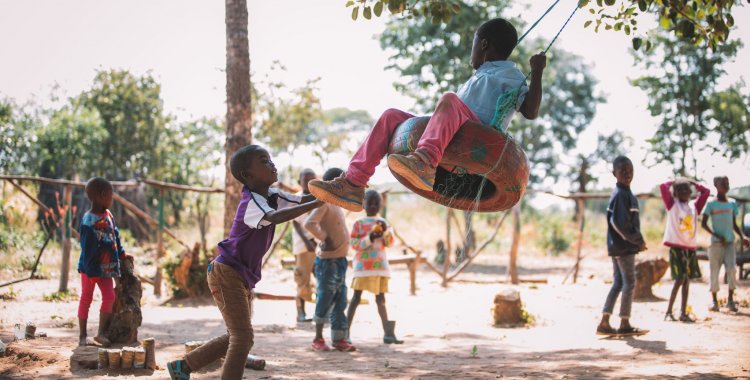The Social Report 2024, authored by the Council of Christian Churches in Angola (CICA) and released this Tuesday in Luanda, states that, regardless of the executive's investments to increase the supply of services, with the provision of social infrastructures, "the reduction of social inequalities in communities is still barely visible".
"One of the main indicators is precisely the difference between the basic income of households and their ability to meet the family's basic needs. In other words, families currently need twelve times more than they actually earn," the document describes.
Between July and August 2024, the social and economic situation of families living in villages in the communes of the municipalities of Saurimo (headquarters, Mona-Quimbundo and Sombo), Cacolo (headquarters, Cucumbi and Alto Chicapa), Xá-Muteba (headquarters), Cuango (headquarters), Chipindo (Bambi and Headquarters), Quilengues (Headquarters, Dindi and Impulo) was analyzed.
CICA highlights the constraints recorded in data collection, such as the lack of collaboration from traditional authorities due to fears, the difficult conditions of access roads, as well as restrictions on access to villages via the Sociedade Mineira de Cuango road, to enter neighboring villages.
Despite the constraints, it was possible to carry out the evaluation with more than 1600 interviewees, in 13 communes, in six municipalities in the provinces of Lunda Norte, Lunda Sul and Huíla.
According to the report, the Integrated Local Development and Poverty Alleviation Program (PIDLCP) 2018-2022 failed to improve the basic social conditions of families, fundamentally in relation to health, education, access to justice, water and sanitation and productive inclusion of the most vulnerable segments of communities.
"The strategy continues to (re)produce more structural and procedural defects than lifting citizens out of extreme poverty," the document highlights.
Prioritization criteria, the effective involvement of communities in defining projects, and the alignment between needs and proposed solutions continue to be neglected by local government bodies in the State, he adds.
The portrait of these areas also reveals that "communities continue to face multiple deprivations, especially in relation to access to basic social services", which "would make real" the presence of the PIDLCP in people's lives.
"We believe that the current situation experienced in communities is strongly influenced by the way in which people think and how they perceive reality and the social issue. Currently, the amount attributed by Kwenda to families, within the scope of social monetary transfers, is very small to meet the needs of families", he emphasizes.
In addition to being meager, the value of Kwenda (direct income transfer program for families in vulnerable situations) benefits a very small "portion" of the population living in extreme poverty in the communities, which on average would need, given the average size of the household and the high cost of goods and services, a minimum of 45,000 kwanzas/month for expenses with food and general care, mainly for children.
The expansion of infrastructure and basic social services, according to the analysis, continues to be concentrated in municipal headquarters, little in communal headquarters and almost nothing in the interior (in the villages), leading communities to often travel long distances in search of services or to adopt non-recommended alternatives, such as, for example, drinking unsafe water or resorting to healers (in the absence of health units).
In addition to there being no "articulation between the different public programs or initiatives", it was found that "managers continue to make it difficult to access information that should be public", making it impossible to "count on the participation of civil society in the process of controlling deviations and indicating new and better paths for the social development of communities".
According to the report, citizens' participation in social dialogue spaces remains only formal and their ideas and proposals are rarely considered.







